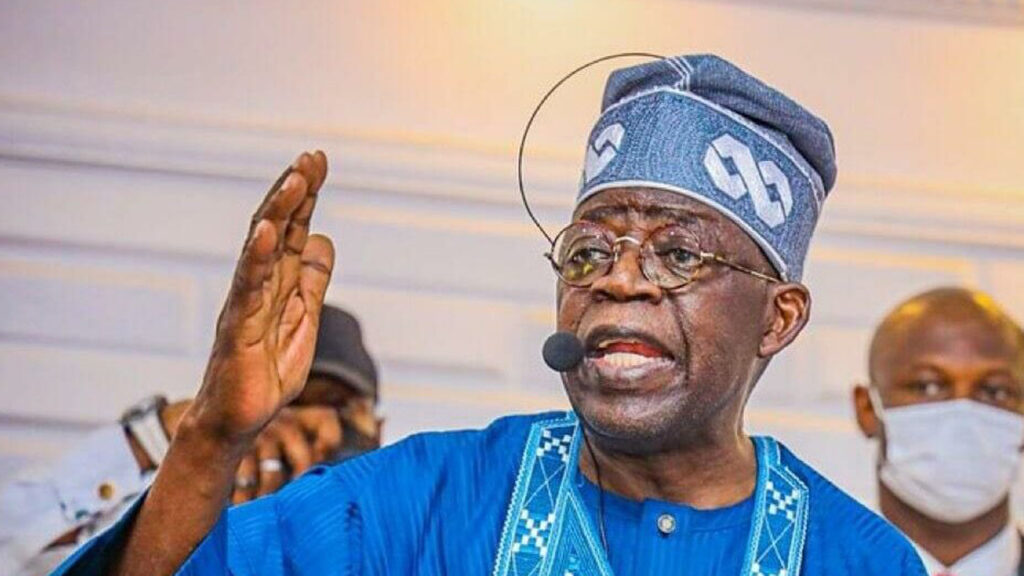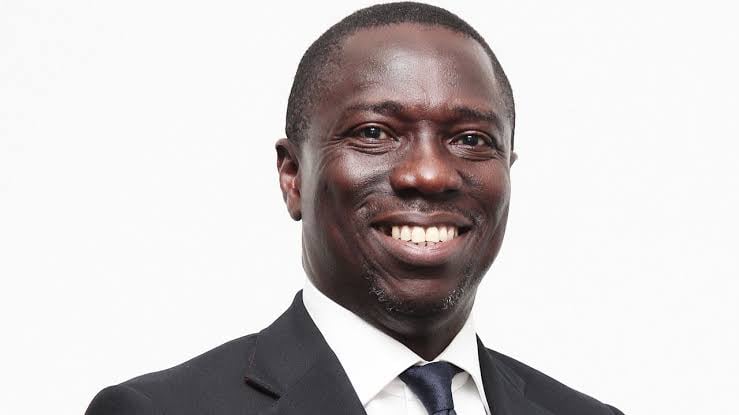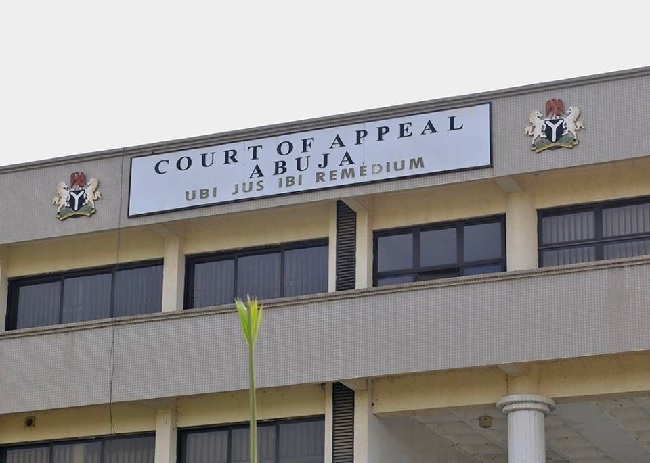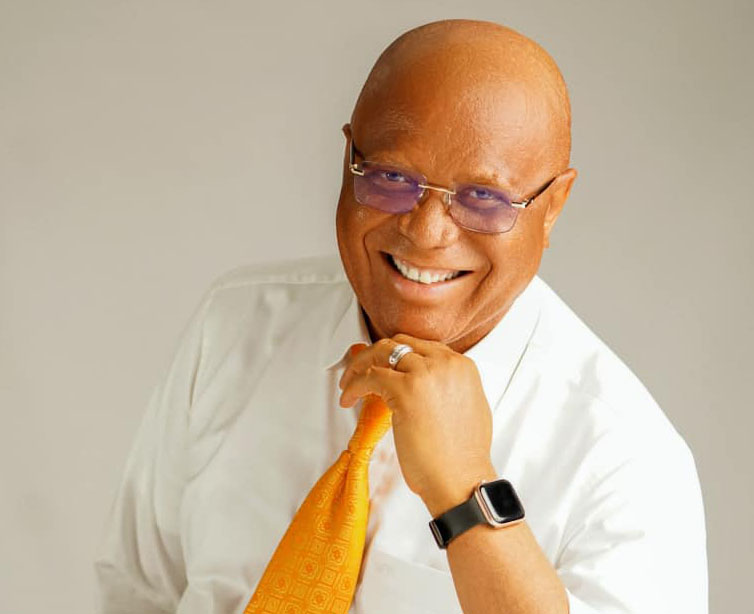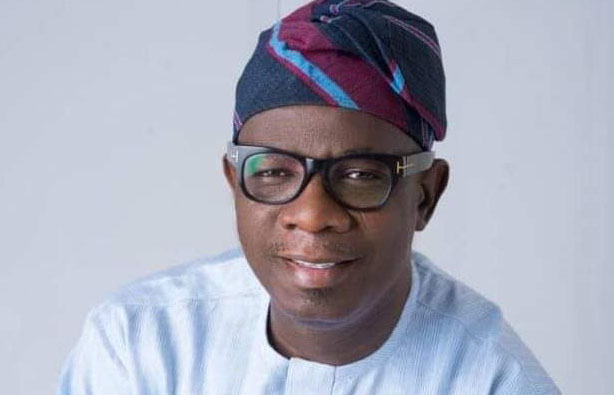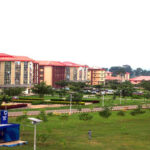
Elder Statesman and Founder of Afe Babalola University, Ado-Ekiti (ABUAD), Aare Afe Babalola has taken a swipe at the Federal Ministry of Education and the National Universities Commission (NUC), for ordering a mass closure of Nigeria’s universities because of the forthcoming elections in the country.
Nigeria’s Minister of Education, Mallam Adamu Adamu, had on February 3, 2023 ordered the Executive Secretary of the NUC, Prof. Abubakar Adamu Rasheed to shut down all universities in Nigeria between Wednesday, February 22 and Tuesday, March 14, 2023 on the ground of “concerns expressed on security of staff, students and properties of respective institutions.”
Babalola, a former Pro-Chancellor of the University of Lagos, was particularly miffed that the ministerial directive to shut all universities in Nigeria could be issued to NUC, the regulatory authority for university education in Nigeria, without any notice or consultation whatsoever with the Vice Chancellors, proprietors and Board of Trustees of all private universities, major stakeholders in the country’s educational landscape.
His words: “The forced closure of Nigeria’s universities by the Minister of Education and the NUC has done irreparable damage to students of Nigerian universities. Their problems have been worsened by scarcity of money by banks and Automated Teller Machines (ATM), all of which made transportation back home more dangerous than ever before. Of course, the illegal closure has adversely affected the curriculum particularly in respect of private universities, which are reputed for their predictable academic calendar and absence of strike actions.”
He was worried that Nigeria appears to be oblivious of the time-honoured maxim that, “if you want to destroy a nation, you don’t need bayonet, bombs or nuclear warheads. All you need is to destroy its education.”
Commending civilised nations for prioritising how not to disturb academic calendar of universities, the leading educationist recalled the events surrounding Covid-19 pandemic which shook the entire world to its very foundation between November 2019 and the better part of 2020 as a result of which the then British Prime Minister, Mr. Boris Johnson, stated loudly that: “Covid 19 is a disaster, while the closure of schools is more disastrous. Keeping schools closed a moment longer than is absolutely necessary is socially intolerable, economically unsustainable and morally indefensible. Without resumption of formal education, a generation of children is likely to have its employment and earning prospects blighted.”
Terrified by the ministerial directive which was taken by the NUC hook, line and sinker, the legal juggernaut who spoke at the induction of ABUAD’s newly qualified 123 Medical Doctors on Monday, raised the following posers: “Does the Minister of education have the statutory power to direct the NUC to close down universities on the ground of “the forthcoming elections and the concerns expressed on security of staff, students and properties of respective institutions?
“Does the NUC possess the statutory power to close all or any university on the ground of “the forthcoming election and the concerns expressed on security of staff, students and properties of respective institutions?
“Are there no provisions in our law to deal with any security report by security agencies which allege concerns on security of staff, students and properties of respective institutions?
“Was the order to close down universities known to the President, the Minister of Defence, the Minister of Interior or the Executive Council?”
In answering these questions, Babalola relied on the combined effects of the NUC Act of 1974 and the Education (National Minimum Standards and Establishment of Institutions) Act of 1985 and returned the verdict that the minister has no statutory power to issue a directive to NUC to close down Nigeria’s universities for the adduced reasons.
Section 4 (2) of the 1974 (NUC) Act says: “The minister may give the Commission directives of a general character relating generally to particular matters, with regard to the exercise of the Commission of its functions under this Act, and it shall be the duty of the Commission to comply with such directives.”
According to Babalola, the functions in respect of which the minister can give directives under this Act are non-compliance with the regulations on academic matters and not matters connected with election.
“Clearly, the minister has no statutory power to give a directive to the NUC to close down universities.” he affirmed. Relying on Section 2(1) of the Education (National Minimum Standards and Establishment of Institutions) Act of 1985, Babalola said that: “It is abundantly clear that NUC has no statutory power to carry out the instruction of the minister to close down all universities.
It is also clear from the wording of the section of the Education (National Minimum Standards and Establishment of Institutions) Act of 1985 that the power of the NUC to close down a university is severely restricted to an institution which failed to comply with Section 19, 20 and 21 of Education (National Minimum Standards and Establishment of Institutions) Act of 1985 in respect of failure to comply with the NUC law on education.
Section 2 (1) of the Education Act of 1985 provides as follows: “Any institution established otherwise than in compliance with Section 19, 20, or 21 of this Act may be liable to closure by the appropriate authority, but before closing down any such institution, the appropriate authority shall afford the proprietor of the institution an opportunity to make representations for consideration by the appropriate authority not later than 60 days after receipt of notice by the proprietor from the authority of the intention to close down the institution.”
In his view, the time-honoured legal maxim of “Nemo dat quod non habet” which means, “No one can give what he does not have” should have been allowed to apply squarely in this case.
In place of the mass closure of universities, he pointed out that the government and law enforcement agents should have evoked the relevant provisions in the country’s criminal code and other legislations to deal with any person, whatever his class, who the security agents have reasons to believe as likely to put security of staff, students and properties of respective institutions in jeopardy.
Drawing an analogy to drive home his point, he said: “It would be improper to ask a landlord with his family to quit the family house because security agents are aware that some criminals want to attack his house. The prudent thing would be to beef up security around the house.”
The alternative, according to him, is that since security agents are of the view that the election will not be devoid of violence, they should have identified the problems that could engender violence during the election and evoke the law against offenders and not closure of universities.
To prevent a reoccurrence of this trend in future, the country must fashion out a new people’s Constitution, which will not make politics the only lucrative business in town, but one which will allow only public-spirited and patriotic Nigerians to contest elections without the influence of godfathers and moneybags, thereby giving way to patriotic Nigerians who can serve the country pro bono or earn sitting allowances only.
Olofintila writes in from Ado-Ekiti


